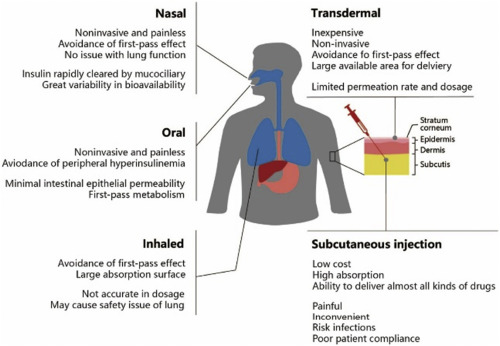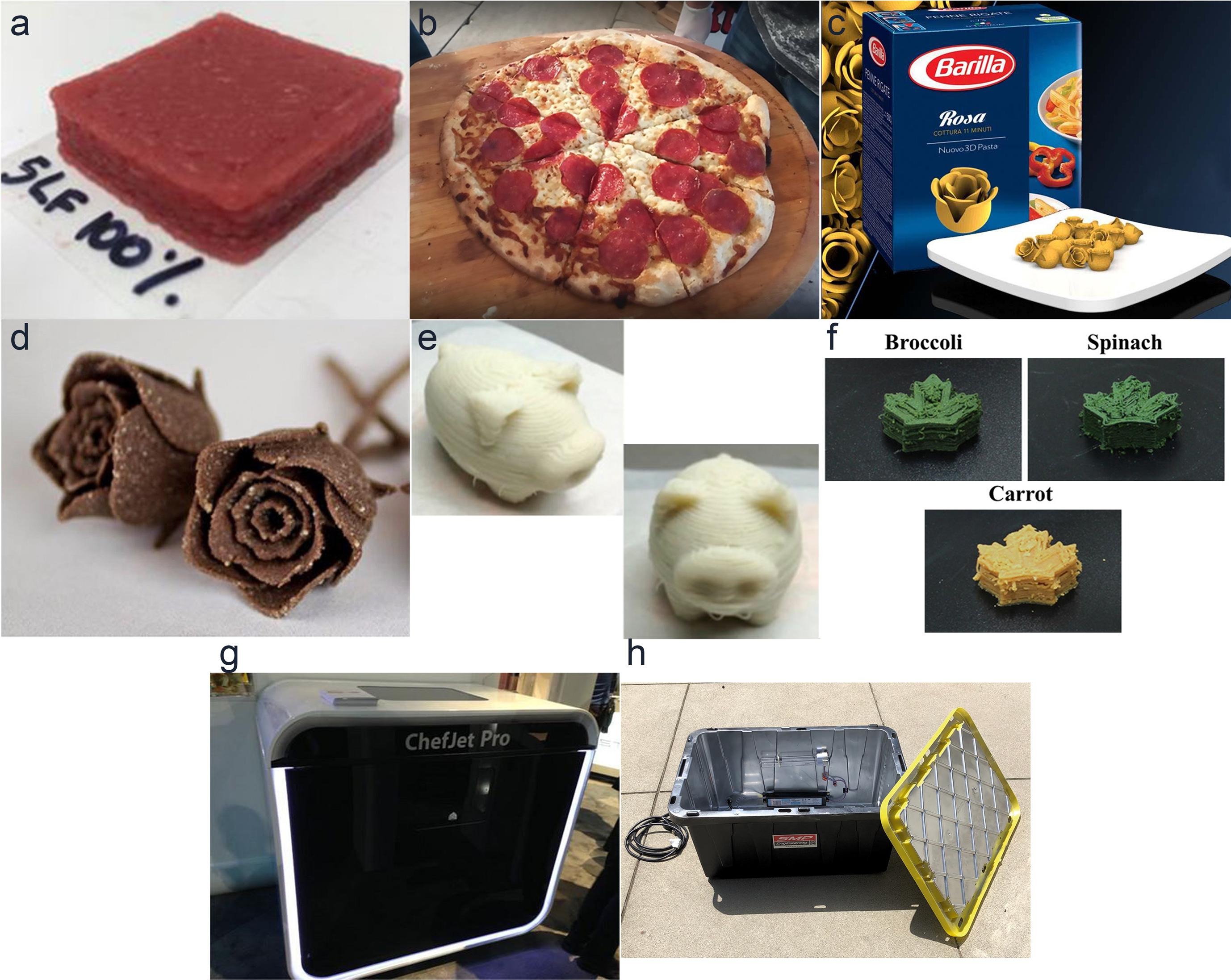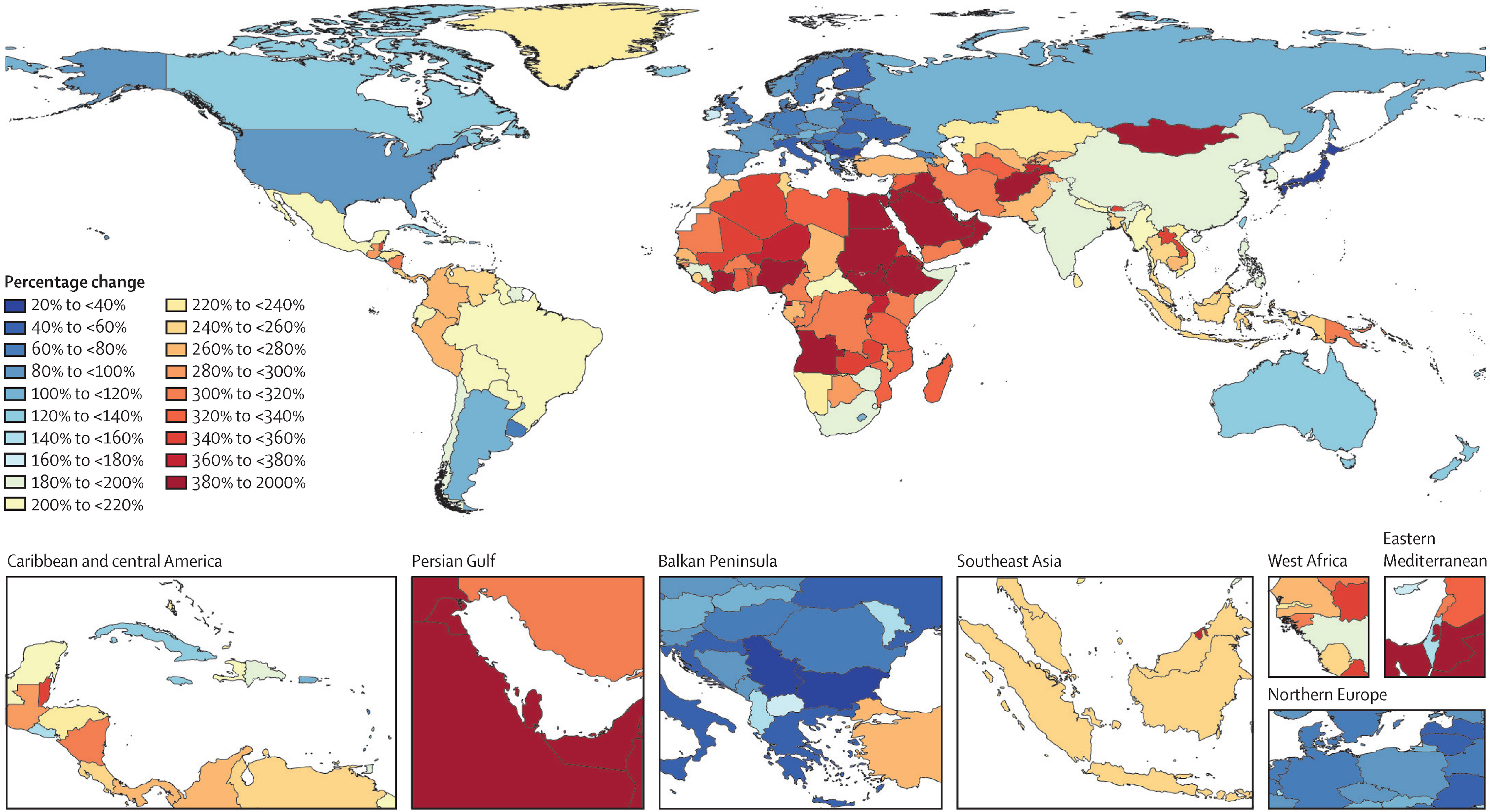This Article supports SDG 3 by assessing the levels and trends of the global burden of tuberculosis, with an emphasis on investigating differences in sex by HIV status for 204 countries and territories from 1990 to 2019.
Elsevier,
Mutation Research - Genetic Toxicology and Environmental Mutagenesis, Volume 874-875, 1 February 2022
This review focus on the mechanisms by which oxidative stress, mitochondrial dysfunction, ER stress, and inflammation are involved in the pathophysiology of T2D, highlighting the importance of the antioxidant response and DNA repair mechanisms counteracting the development of the disease.
HIV-1 viral load assays are essential tools for clinical management of people living with HIV-1. The cobas HIV-1 assay is highly sensitive, accurate and suitable for use in clinical practice.
A review article discusses various drugs and plant extracts for Alzheimer's disease, and further discusses plant species that can be researched for treatment.
The paper supports SDG 6 and 3 by discussing toxins in water and the risk of using contaminated water to process food.
Elsevier,
Diabetes Without Needles, Non-invasive Diagnostics and Health Management, 2022, Pages 27-92
Introduces diabetes including past, present, and future achievements in this field. The goal of SDG target 3.4.1 is to reduce the mortality rate attributed to cardiovascular disease, cancer, diabetes or chronic respiratory disease
COVID-19 is having a far-reaching negative impact on global economic and social development. One of the challenges arising from the pandemic is ensuring food security, especially with respect to cold chain food.
This article advances SDG # 3 and 13 through its examination of the medical concepts of hope and helplessness and applies these medical and philosophical frameworks to the climate crisis.
This study, relevant to Goals 3, 10, and 13, examined how often and in which countries health considerations were factored into a country’s Nationally Determined Contributions (NDC’s) for climate commitments. They found that countries with the greatest vulnerability to climate change health effects – largely countries with the fewest resources – considered health effects the most. The authors recommend that considering health, even in higher resourced countries, can increase public backing for ambitious climate goals.
An article on the global prevalence of dementia, in the context of SGD 3, focusing specifically on forecasting country-level estimates of dementia prevalence attributable to high BMI, high fasting glucose, and smoking, from 2019 to 2050.



